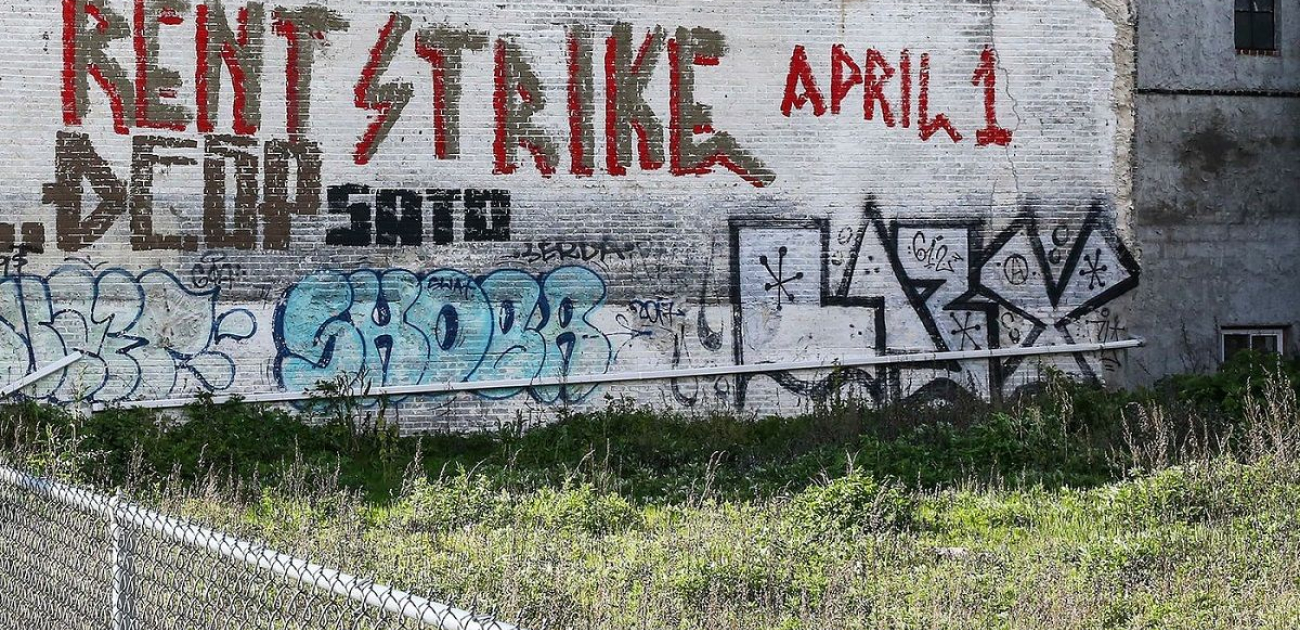Commercial Landlords and Tenants Take Their COVID-Related Lease Disputes to Court
The slow-burning standoffs between commercial landlords and tenants in the COVID-19 pandemic are beginning to turn white-hot. Some landlords are starting to file lawsuits against tenants who have fallen behind on rent. And some tenants have gone on the offense, seeking court rulings to restrict landlords’ ability to terminate leases or enforce what the tenants feel are onerous financial obligations in the face of decreasing revenues caused by the pandemic.
In the former category, the landlord for the National Basketball Association (NBA) has sued it for failing to pay two months’ rent and charges totaling $1.2 million on its Fifth Avenue store. The lawsuit filed by the landlord seeks not only unpaid rent from the NBA, but also payment of damages and $20,000 in legal fees.
Simon Property Group, the country’s largest mall operator, sued its largest tenant Gap, Inc. (which includes brands Old Navy, Gap, Banana Republic, and Athleta) for more than $65 million in unpaid rent for April, May, and June for the 412 Gap stores across Simon’s portfolio of properties. Simon also just filed another $8.7 million suit against Brooks Brothers. In the other corner, multiple New York retail tenants, from Bath and Body Works all the way to high-end designer Valentino, have sued their landlords to get out of the lease obligations.
Locally, Town Sports International, the parent company of Boston Sports Clubs, filed suit against its landlord for its South Station location in Suffolk Superior Court, alleging that the landlord improperly terminated the lease. Separately, Boston landlord Gazit Horizons, Inc. sued its tenant Ann Taylor in federal court for nearly $250,000 in back rent.
These lawsuits are likely to bounce along for some time, due to the slowdown of courts during the pandemic that has resulted in a backlog. And these cases involve somewhat arcane issues that have rarely been litigated until now, such as force majeure, impossibility or impracticability of performance, and frustration of purpose. Read more about force majeure in the G&S advisory, Ten Things You Need to Know About Force Majeure Now.
COVID Impacts on Pending Real Estate Deals
The pandemic also has impacted pending real estate transactions, causing disputes that have found their way, or will soon find their way, to the courts.
On February 20, 2020, as the stock market roared to an all-time high, Sycamore Partners signed a $525 million deal to purchase a majority of Victoria’s Secret from L Brands. As the ink dried, L Brand shares were worth more than $23 each. One month later, as the Coronavirus bore down on America, those shares traded for less than $10. Sycamore proposed “adjusting” the purchase price. L Brands refused. The parties are now locked in litigation in Delaware. Read more about this case in the G&S advisory, Doing Deals In the COVID-19 Era: Renegotiating Price and Other Changes Before Closing.
In another recently filed lawsuit, Simon Property seeks a ruling that it was on sound legal ground when it backed out of its February 9 agreement to acquire Taubman Centers because Taubman was disproportionately affected by the COVID-19 pandemic and didn't take actions needed to mitigate its effect on Taubman's operations. Taubman calls Simon’s move to terminate the deal "a classic case of buyer's remorse" and claims that Simon knew full well that a global pandemic was raging and could possibly impact the centers Simon was agreeing to buy from Taubman. A Delaware court will sort this out.
The court decisions that will result from these cases will have a significant impact on and ramifications for the commercial real estate industry. We will continue to monitor these cases and new ones that will inevitably come. We will provide updates as these cases unfold.
Do you want more information?
 Alana Rusin
Alana RusinHi! I'm Alana Rusin. I have been a practicing attorney in Boston for the past 10 years and I live in Fort Point with my husband and two kiddos, Lucy (6) and Liam (4).
